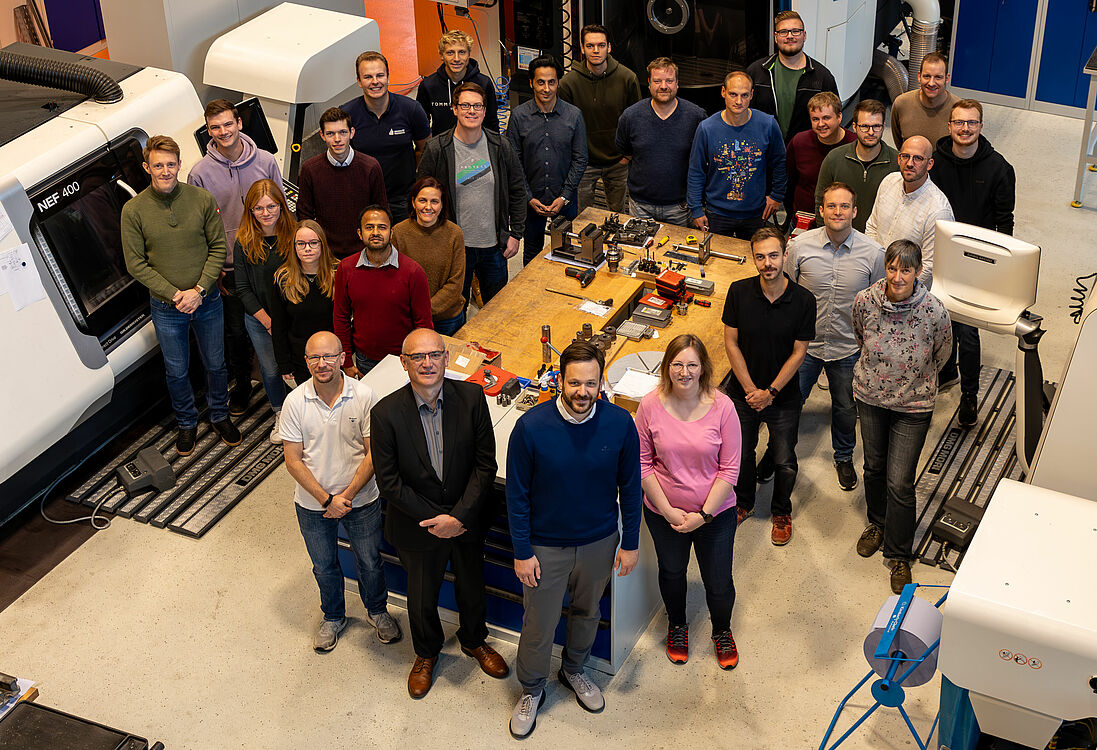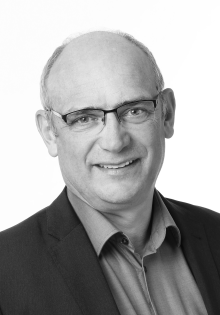LWK – Chair of Materials Science

The major objective of research of the chair of materials science (LWK) is the examination of the relationships between the production processes, the process induced microstructural characteristics of the part produced and its resulting technical properties. In the experiments, ranging from fundamental research to applied questions, virtually all metallic materials are contemplated.
Read more on the page of the research group.
Goals
A central objective of the LWK is the description and fundamental understanding of the influence of microstructures on the resulting physical and mechanical properties of components, which are characterized using modern materials science methods and described in the form of models. The overall aim is to shorten the process chain to save time, storage space and energy while at the same time improving the material properties to reduce the amount of material required. As most of the research questions are based on industrially relevant processes, these investigations focus primarily on steel and aluminium, which are frequently used in mechanical engineering.
Methodical Expertise
- Electromechanical Testing Machines
- Servo-hydraulic Testing Machines
- Electromagnetic Testing machines
- Miniature Tension-Compression Module
- Digital Image Correlation Software (DIC)
- Light Microscopy (LM)
- Scanning Electron Microscopy (SEM)
- Transmission Electron Microscopy (TEM)
- Atomic Force Microscopy AFM / MFM
- Confocal Laser Scanning Microscopy
- X-ray Diffractometer
- Instrumented Pendulum Impact Tester
- Heat Treatment Furnaces
- Thermography
- Metallography
- Corrosion test stand
- Hardness Testers
- Casting plant
Topics
- High temperature fatigue of nickel based super alloys and titanium aluminides
- Additive manufacturing and optimization of metallic grating structures
- Casting Technology
- Hybrid Materials
- Ultra Fine-grained materials
- Fatigue behavior of TWIP steels
- High temperature and magnetic shape memory alloys
- Damage development in nanocomposite coatings
- Optimization of fabricated using laser melting process materials
- Phase transformation of steels and texture development in aluminum alloys
- Developing production processes for manufacturing high-strength hybrid lightweight structures

